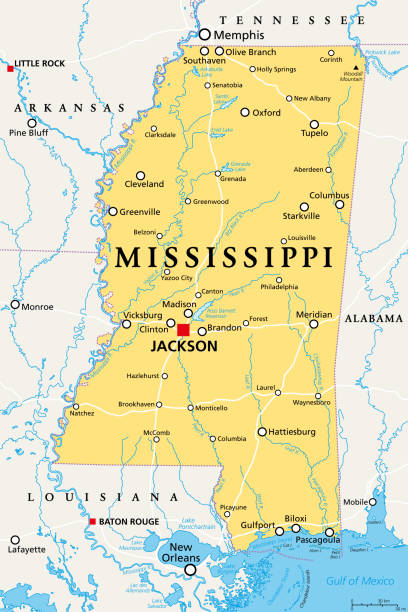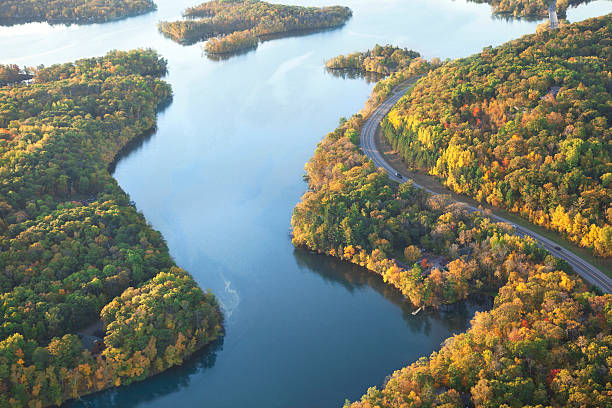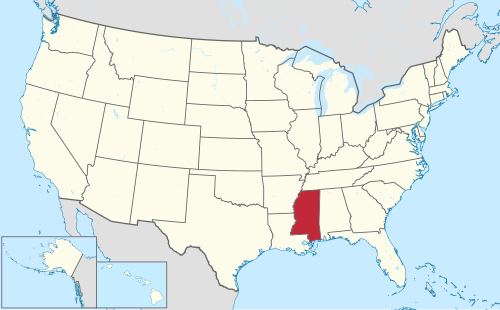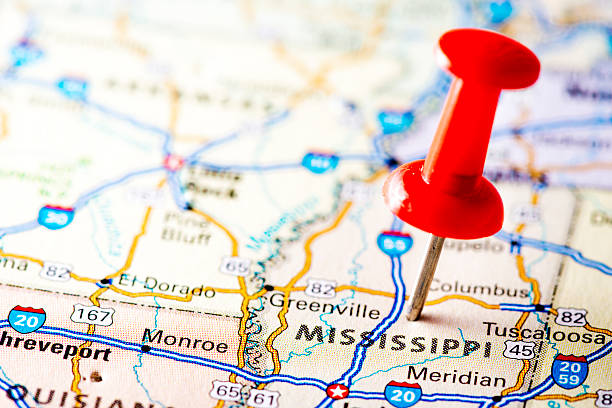
Mississippi, located in the southeastern United States, is a state rich in cultural heritage, historical significance, and natural beauty. Bordered by the Mississippi River to the west, it shares borders with Tennessee, Alabama, Louisiana, and Arkansas. Known for its deep roots in American history and the evolution of music, literature, and civil rights, Mississippi offers a unique lens into the nation’s past and present.
The state takes its name from the mighty Mississippi River, which has played a vital role in shaping its economy, culture, and geography. Historically, the river was a major transportation route and facilitated trade, agriculture, and the development of towns and cities. Agriculture, especially cotton farming, dominated Mississippi’s economy for much of its history, and it remains a key industry today along with poultry, timber, and catfish farming.

Mississippi’s cultural contributions are vast, particularly in music and literature. It is considered the birthplace of the blues, a genre that emerged from the African American experience in the Mississippi Delta. Legends like B.B. King, Robert Johnson, and Muddy Waters all hail from the state, and their influence can be heard in genres around the world today. The Mississippi Blues Trail commemorates these contributions through markers and exhibits that guide visitors through the genre’s rich history.
Literature also has deep roots in Mississippi. Nobel Prize-winning author William Faulkner, who lived in Oxford, is celebrated for his complex novels set in the fictional Yoknapatawpha County, inspired by his Mississippi surroundings. Other notable authors include Eudora Welty and Richard Wright, whose works explore the intricacies of Southern life and racial dynamics.
Speaking of civil rights, Mississippi played a pivotal role in the Civil Rights Movement. The state witnessed some of the era’s most significant events, including the assassination of civil rights leader Medgar Evers in Jackson and the Freedom Summer of 1964, during which activists worked to register African American voters. Today, the Mississippi Civil Rights Museum in Jackson serves as a powerful reminder of the struggles and progress made during that time.
Geographically, Mississippi is characterized by rolling hills in the north, flat Delta lands in the west, and pine forests and coastal marshes in the south. The Gulf Coast offers sandy beaches, seafood cuisine, and a slower pace of life, making it a popular destination for both tourists and residents. The state’s natural attractions include the Natchez Trace Parkway, a scenic highway that follows a historic travel corridor, and numerous rivers, lakes, and forests ideal for outdoor recreation.
While Mississippi has faced economic and social challenges, including poverty and educational disparities, it continues to move forward with efforts to diversify its economy and invest in healthcare, technology, and infrastructure. Its warm hospitality, rich traditions, and resilient spirit make Mississippi a compelling and meaningful part of the American landscape.
Whether through its haunting blues, literary brilliance, or profound historical legacy, Mississippi tells a story that is deeply woven into the fabric of the United States.



